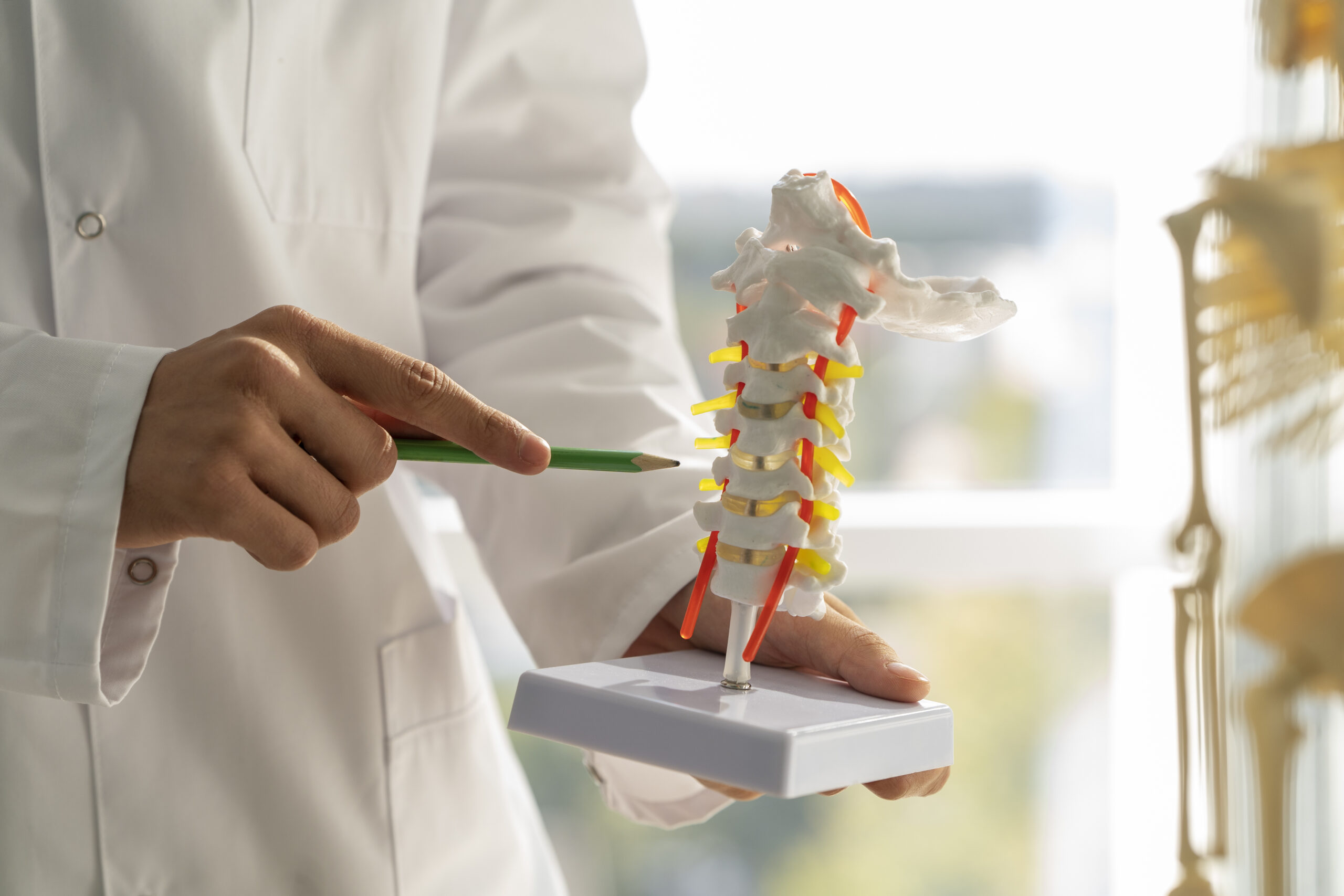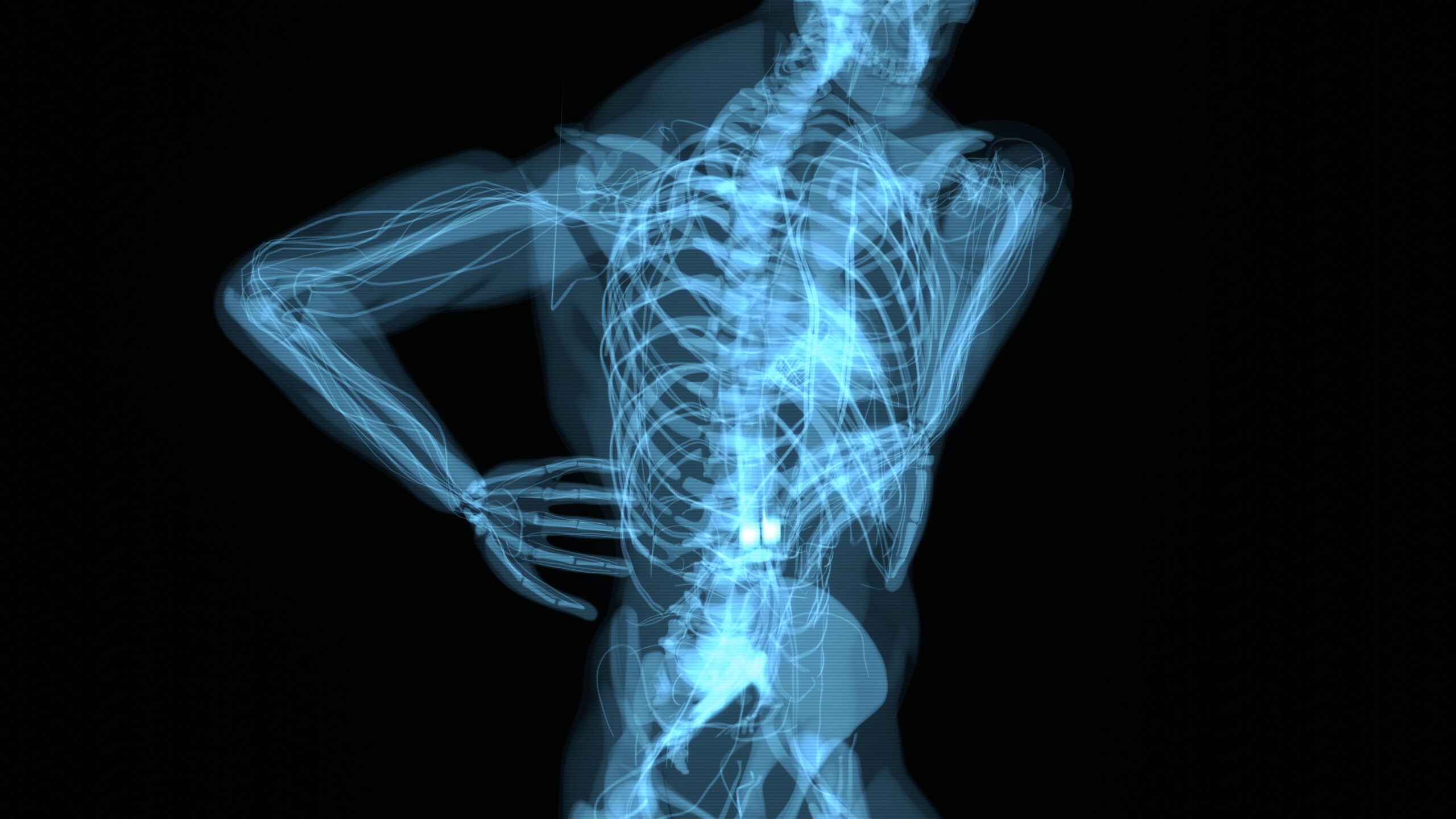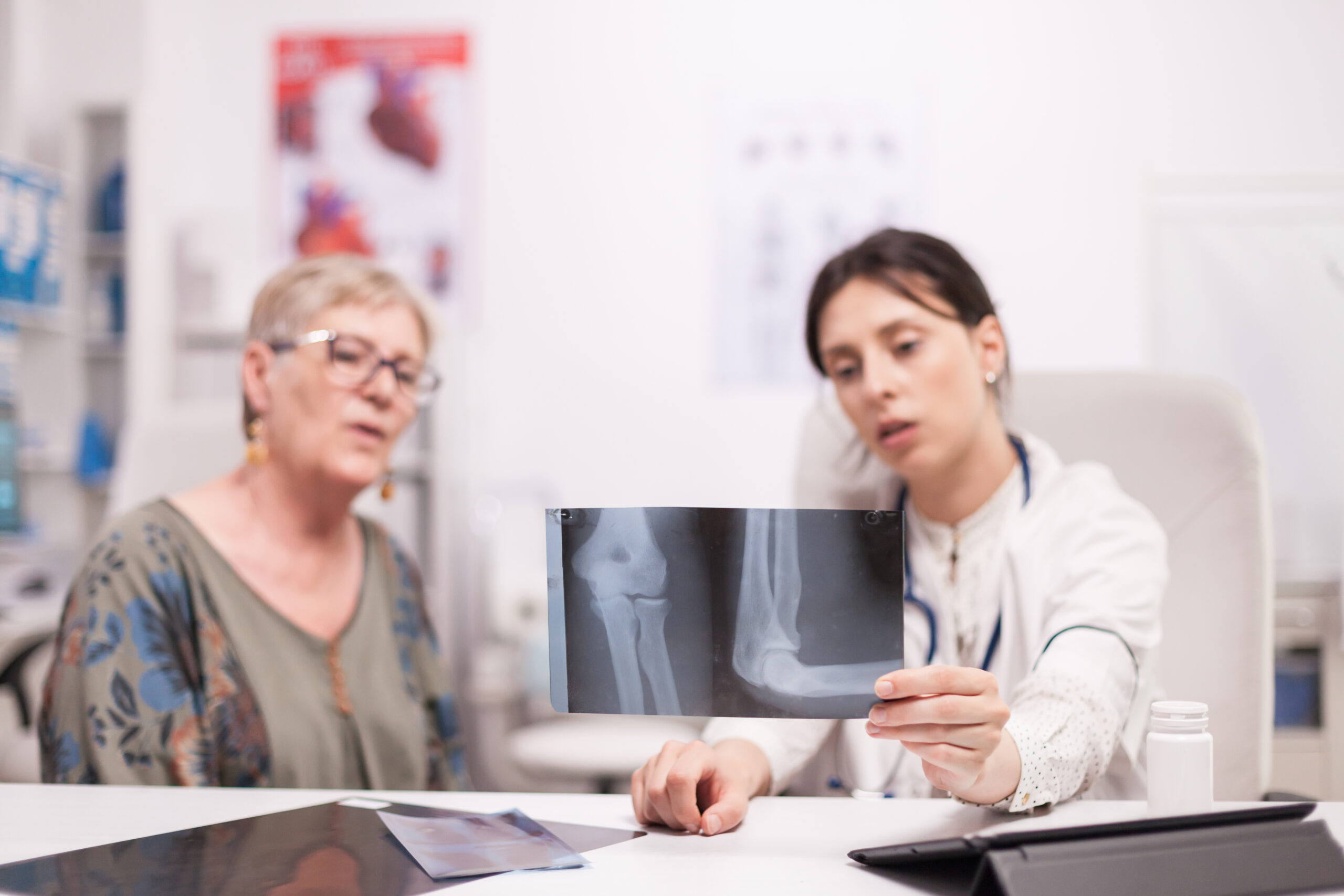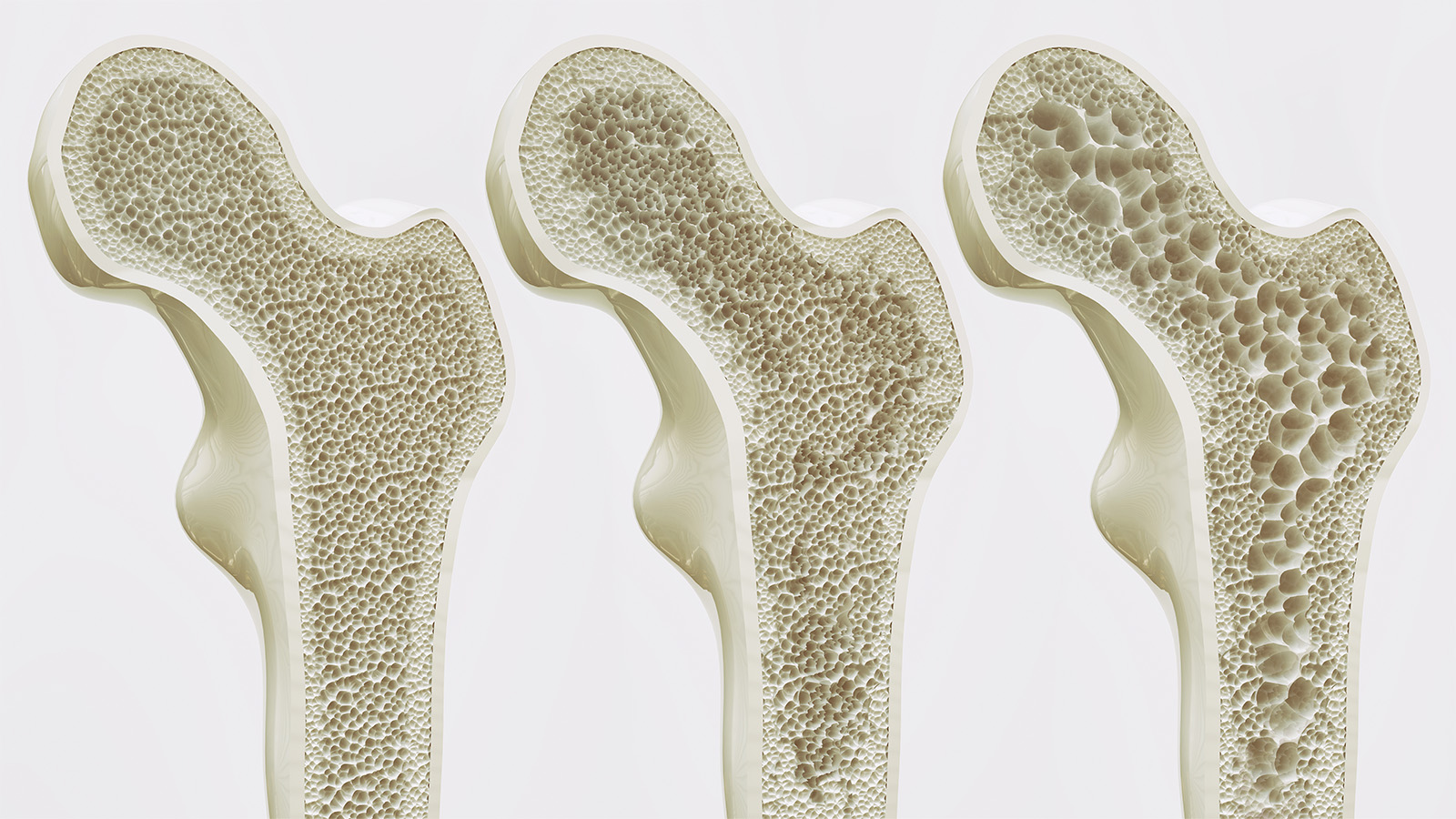Our bones are more than just a rigid framework; they’re a living, dynamic tissue that plays a vital role in our overall health and well-being. From providing structure and support to our bodies to protecting vital organs and storing essential minerals, strong bones are the foundation of a healthy life. However, bone health is often overlooked until problems arise, like fractures or the debilitating condition osteoporosis.
This article explores the significance of bone health throughout life, highlighting the key factors that contribute to strong bones at every stage. We’ll delve into the essential nutrients your body needs, explore the benefits of weight-bearing exercises, and equip you with knowledge to prevent osteoporosis and safeguard your skeletal system for years to come.
Understanding Bone: A Dynamic Tissue
Contrary to popular belief, bones are not static structures. They are constantly undergoing a remodeling process, with new bone formation occurring alongside the breakdown of old bone. This process is influenced by various factors, including diet, exercise, hormones, and even genetics. During childhood and adolescence, bone formation outpaces breakdown, leading to peak bone mass around the age of 30. After this peak, bone loss becomes a natural part of the aging process. However, the choices we make throughout life significantly impact the rate of bone loss and our risk of developing bone diseases.
Building Strong Bones From the Start: Childhood and Adolescence
The foundation for strong bones is laid early in life. During childhood and adolescence, when peak bone mass is being established, ensuring proper nutrition and adequate physical activity is crucial. Here’s how to nurture strong bones in your young ones:
- Nutrient Powerhouse: A balanced diet rich in calcium, vitamin D, and other essential nutrients is vital for bone development. Include plenty of calcium-rich foods like milk, yogurt, cheese, dark leafy greens, and fortified foods in their diet. Vitamin D helps the body absorb calcium, so ensure your child gets adequate sunlight exposure or consider vitamin D supplements if needed.
- Move It or Lose It: Encourage regular physical activity in children. Weight-bearing exercises like running, jumping rope, and playing sports stimulate bone growth and improve bone density.

Maintaining Bone Health: Adulthood and Beyond
While peak bone mass is reached by early adulthood, maintaining bone health throughout life is essential. Here are some key strategies for adults and seniors:
Nutritional Support: Calcium and vitamin D remain crucial nutrients for bone health throughout adulthood. Continue incorporating calcium-rich foods and consider supplements if dietary intake is insufficient. Maintaining a healthy weight is also important, as excess weight puts additional stress on your joints.
The Power of Weight-Bearing Exercise: Regular weight-bearing exercises are still vital for maintaining bone density and strength. Activities like walking, jogging, dancing, and stair climbing can significantly benefit bone health. Strength training exercises that target major muscle groups can also help improve bone health by strengthening the muscles surrounding the bones.
Hormonal Considerations: Bone loss can accelerate in women after menopause due to declining estrogen levels. If you’re experiencing menopause, talk to your doctor about ways to manage bone loss, which might include hormone replacement therapy or medications specifically for bone health.
Lifestyle Habits: Smoking and excessive alcohol consumption can negatively impact bone health. Quitting smoking and limiting alcohol intake are crucial steps towards maintaining strong bones.
Preventing Osteoporosis: A Lifelong Commitment
Osteoporosis, a condition characterized by low bone density and increased fracture risk, is a significant concern, particularly for older adults. While there is no cure for osteoporosis, several steps can be taken to prevent its development and manage its progression:
- Early Diagnosis and Intervention: Regular bone density scans, especially after the age of 50, can help identify bone loss early on. Early diagnosis allows for timely intervention and treatment to prevent fractures.
- Medication: Several medications are available to treat and prevent osteoporosis. Talk to your doctor about the best treatment options for your individual needs.
- Fall Prevention: Falls are a major cause of fractures in individuals with osteoporosis. Implementing fall prevention strategies, such as improving home safety and maintaining good balance through exercise, can significantly reduce fracture risk.

Building a Strong Foundation for a Healthy Life
By prioritizing bone health throughout life, you can significantly reduce your risk of fractures, improve your mobility and independence, and maintain an active lifestyle well into your golden years. Remember, it’s never too late to start taking care of your bones. Here’s a summary of key takeaways:
- Focus on a balanced diet rich in calcium, vitamin D, and other essential nutrients.
- Engage in regular weight-bearing exercises and strength training.
- Maintain a healthy weight.
- Limit alcohol consumption and quit smoking.
- Schedule regular bone density scans after the age of 50, especially for women after menopause.
- Talk to your doctor: Discuss your individual risk factors for bone loss and osteoporosis with your doctor. They can create a personalized plan to optimize your bone health and prevent future complications.
Beyond the Basics: Additional Strategies for Optimal Bone Health
While the core principles of bone health remain constant, here are some additional considerations that can further enhance your skeletal well-being:
- The Protein Factor: Protein plays a crucial role in bone health. Include lean protein sources like fish, chicken, beans, and lentils in your diet.
- Vitamin K and Bone Health: Emerging research suggests Vitamin K, particularly Vitamin K2, may play a role in bone health. Consider including foods rich in Vitamin K2 like leafy green vegetables, natto (fermented soybeans), and grass-fed dairy products in your diet.
- The Sunshine Vitamin: While sunlight exposure provides essential Vitamin D, excessive sun exposure can be harmful. Aim for moderate sun exposure without burning and consider vitamin D supplements if needed, especially during winter months or if you have limited sun exposure.
- Rest and Relaxation: Adequate sleep is essential for overall health, including bone health. Aim for 7-8 hours of quality sleep each night.
- Mind-Body Connection: Stress can negatively impact bone health. Techniques like meditation, yoga, and deep breathing can help manage stress and promote overall well-being.

Building Strong Bones Together: Community and Support
Maintaining bone health is not just an individual effort; it can be a community endeavor. Here are some ways to create a supportive environment for healthy bones:
Family Support: Encourage healthy eating habits and physical activity within your family. Lead by example and participate in activities together.
Community Resources: Many communities offer exercise programs specifically designed for older adults, such as tai chi or low-impact aerobics. Explore these resources and find activities you enjoy.
Support Groups: Connecting with others who are focused on maintaining bone health can provide motivation and support. Consider joining a local support group or online forum.
Conclusion: A Lifelong Journey
Bone health is an investment in your future well-being. By incorporating the strategies outlined above into your daily life, you can build and maintain strong bones throughout your life. Remember, a strong skeletal system is the foundation for a healthy and active life. Don’t hesitate to consult your doctor for personalized guidance on optimizing your bone health and preventing osteoporosis. Together, we can build a strong foundation for a healthy life, regardless of age.






